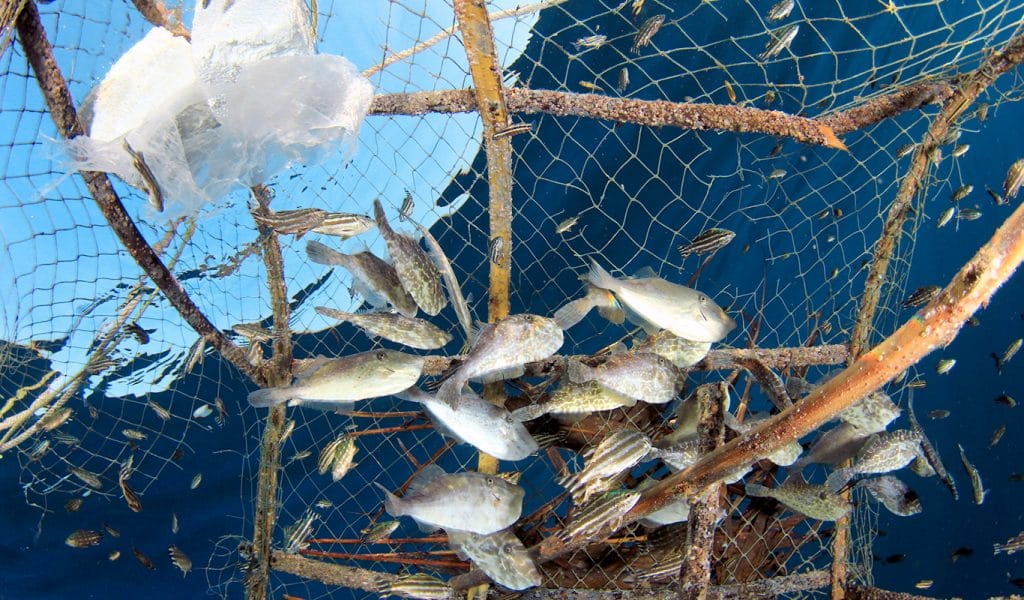Overfishing: “who’s doing it (Asia mostly & the U.S.), what’s contributing to it (government subsidies, fish farms, etc.), how serious it is (very), and solutions (technology like Fishtek Marine and the use of territorial use rights in fisheries management or TURF).”
” About 12 percent of the world relies on fisheries in some form or another. 90 percent of these being small-scale fishermen — “think a small crew in a boat, not a ship,” using small nets or even rods, reels and lures not too different from the kind you probably use.”
.
The fisher community is facing huge issues…
There have been worries over Brexit:
An uncertain future for Devon’s fishing industry – Vision Group for Sidmouth
Dismay from South West fishing communities – Vision Group for Sidmouth
There are so many questions about how we can protect and enhance our seas:
“How well protected is Britain’s coast and its wildlife after Brexit? Can our network of MPAs be strengthened and expanded? What impact is climate change having on our waters? How can we lift the curse of plastic pollution from our beaches?”
Lyme Bay’s Marine Protected Area – Vision Group for Sidmouth
Because, there are some fishing practices which are not only bad for ecosystems but also for the long-term sustainable future of fishing:
“Reducing bottom-trawling efforts by 26% could result in protecting 70% of Europe’s Atlantic sea area with small impact on the fishing sector, while delivering huge benefits to the marine environment.”
Bottom-trawling in Marine Protected Areas – Vision Group for Sidmouth
There are other things which can be done…
We can reduce the pollution which is harming our ecosystems:
“Water companies’ dirty secrets exposed”
We can reduce the amount of intensive farming and promote sustainable farming:
“The number of coastal communities questioning this industry grows steadily.”
Banning intensive salmon farming – Vision Group for Sidmouth
“Pioneering work suggests great potential, not just for the marine ecosystem but also for markets and the community.”
An uncertain future for Devon’s mussel farming industry – Vision Group for Sidmouth
We can promote less damaging fishing methods:
“The first ever ghost net collection and recycling system on the River Ganges, India, to mitigate the impact of discarded fishing gear on threatened wildlife, particularly the Ganges river dolphin.”
The Joanna Toole Annual Ghost Gear Solutions Award – Vision Group for Sidmouth
Ultimately, though, we need to be tackling overfishing:
“The UK governments originally allocated quota based on historical catch records in the 1980s (a process that rewarded those overfishing the most and penalised the small-scale fleet which were not required to keep catch records at the time).
Planning the future of the inshore fisheries – Vision Group for Sidmouth
And on that subject, it was last week when the VGS received a very friendly but urgent message from Coty Perry, Managing Editor of the Your Bass Guy website:
World Environment Day was June 5th, and while that day has passed this year, I wanted to reignite that energy we had that day to help the environment. Today I want to bring your attention to a major issue in the ocean — overfishing — a serious problem at sea that could eventually deplete populations of marine life.
After reading your page on Vision for Sidmouth about World Environment Day (https://visionforsidmouth.org/today-is-world-environment-day/) I thought my article, Overfishing, Conservation, Sustainability, and Farmed Fish, would be a good resource to add because this needs to be brought to light so we don’t wipe all the sea life off the planet.
I discuss who’s doing it (Asia mostly & the U.S.), what’s contributing to it (government subsidies, fish farms, etc.), how serious it is (very), and give solutions (technology like Fishtek Marine and the use of territorial use rights in fisheries management or TURF.)
To finish, then, here is the beginning of an excellent long read from the Anglers.com website which looks at the bigger picture. Do click on the link below for the complete piece:
Overfishing, Conservation, Sustainability, and Farmed Fish

As with many other aspects of government policy, overfishing and other fishing-related environmental issues are a real problem, but it’s not clear that government intervention is the solution. Indeed, it might be one of the main drivers of overfishing and other conservation and sustainability issues stemming from commercial fishing. Much like drone fishing, there are serious ethical issues of interest to the average angler.
There’s another commonality that overfishing has with environmental issues more broadly: The Western companies primarily concerned with serious efforts to curb overfishing are not the ones who are most guilty of overfishing. What this means is that the costs of overfishing are disproportionately borne by the countries least engaged in practices that are counter to efforts to make commercial fishing more sustainable while also promoting conservation of fish biodiversity
All of these are important issues not just for commercial fishermen, but also those interested in questions of conservation and sustainability in general, as well as recreational fisherman and basically anyone who uses fish as a food source. As the ocean goes, so goes the planet, so it is of paramount importance for everyone to educate themselves on what is driving overfishing, what its consequences are, and what meaningful steps — not simply theater to feel as if “something is being done” — can be taken.
Indeed, over three billion people around the world rely on fish as their primary source of protein. About 12 percent of the world relies on fisheries in some form or another. 90 percent of these being small-scale fishermen — “think a small crew in a boat, not a ship,” using small nets or even rods, reels and lures not too different from the kind you probably use.
...